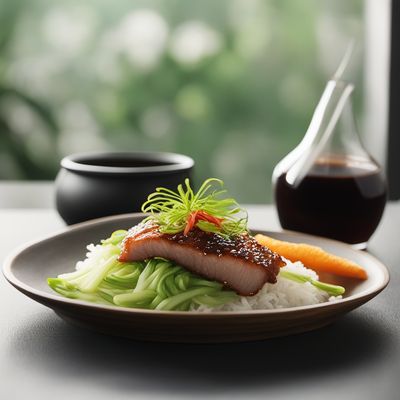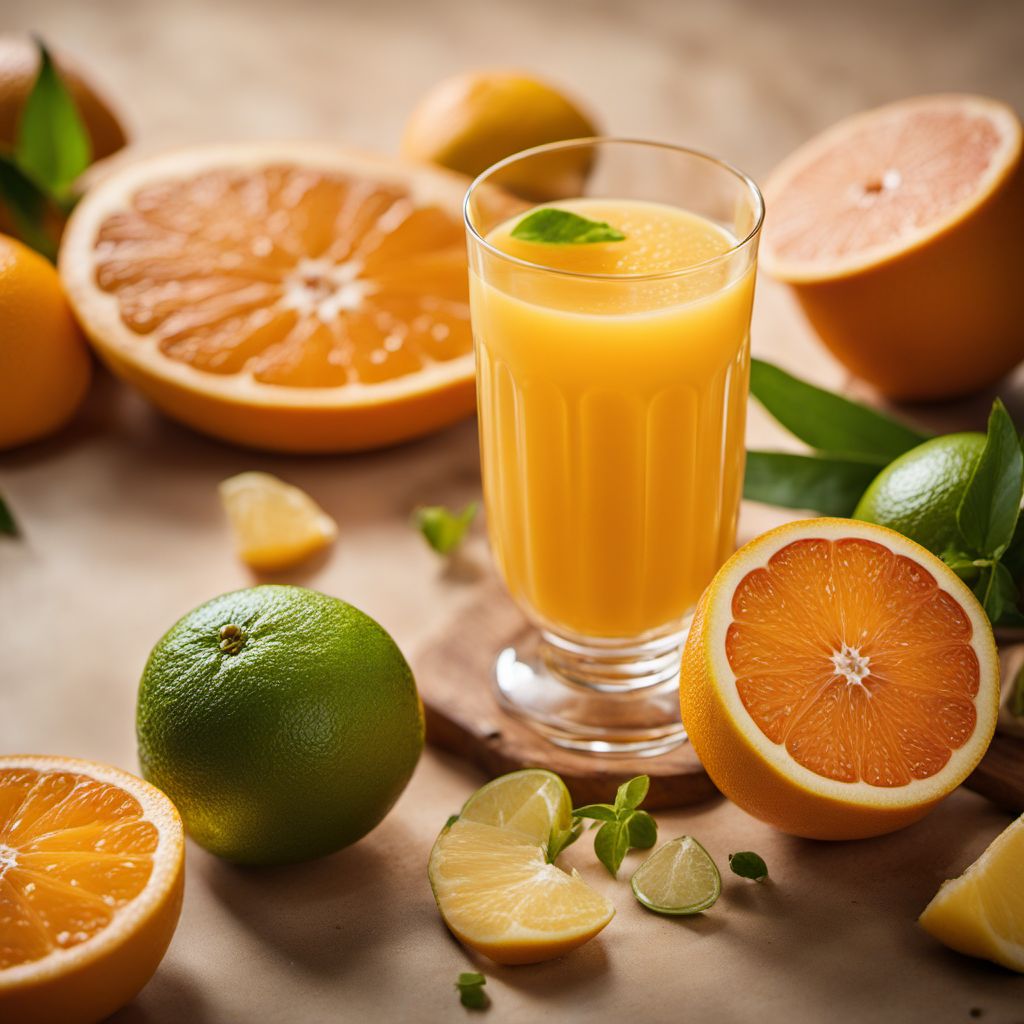
Ingredient
Juice, citrus
The Zesty Elixir
Citrus juice, extracted from fruits like oranges, lemons, limes, and grapefruits, is known for its vibrant acidity and refreshing taste. It possesses a bright, zesty flavor that can range from sweet to tart, depending on the fruit used. The juice is typically translucent and can vary in viscosity, with some varieties being more pulpy than others.
Origins and history
Citrus fruits, the source of citrus juice, have a rich history dating back thousands of years. They are believed to have originated in Southeast Asia and were later introduced to various parts of the world through trade and exploration. Citrus fruits have played significant roles in different cultures, from being used as a remedy for scurvy during long sea voyages to being symbols of prosperity and good luck in certain traditions.
Nutritional information
Citrus juice is a good source of vitamin C, which supports immune function and collagen production. It also contains other essential vitamins and minerals like potassium and folate. The nutritional content may vary slightly depending on the specific citrus fruit used.
Allergens
Citrus juice may cause allergic reactions in individuals with citrus fruit allergies. It is important to be cautious if you have known allergies and consult with a healthcare professional if needed.
How to select
When selecting citrus fruits for juicing, choose fruits that are firm, heavy for their size, and have smooth, brightly colored skin. Avoid fruits with soft spots, blemishes, or signs of mold. For juicing, it is best to select fruits that feel slightly soft when gently squeezed, as they tend to yield more juice.
Storage recommendations
To maintain the freshness of citrus juice, it is best to store it in a tightly sealed container in the refrigerator. Freshly squeezed juice should be consumed within a few days to retain its optimal flavor and nutritional value. Commercially packaged citrus juice should be stored according to the manufacturer's instructions.
How to produce
Citrus trees can be grown in suitable climates, such as Mediterranean or subtropical regions, and require well-drained soil and ample sunlight. They can be propagated from seeds, cuttings, or grafted onto rootstocks. However, growing citrus trees can be challenging for amateurs due to specific climate requirements and potential pest issues.
Preparation tips
Citrus juice can be used in a variety of culinary applications, including marinades, dressings, cocktails, desserts, and as a refreshing beverage on its own or mixed with other ingredients. It adds a tangy, citrusy flavor to dishes and can be used to balance out rich or savory flavors.
Culinary uses
Citrus juice is commonly used in a wide range of cuisines worldwide. It is a key ingredient in dishes like ceviche, lemon bars, orange chicken, margaritas, and lemon meringue pie. It is also a popular addition to breakfast spreads, salad dressings, and fruit-based desserts.
Availability
Citrus fruits are cultivated in many regions around the world, including Mediterranean countries, the United States (Florida and California), Brazil, Spain, and Mexico.
More ingredients from this category » Browse all

Juice, prune
The Sweet and Tangy Elixir of Prune Juice
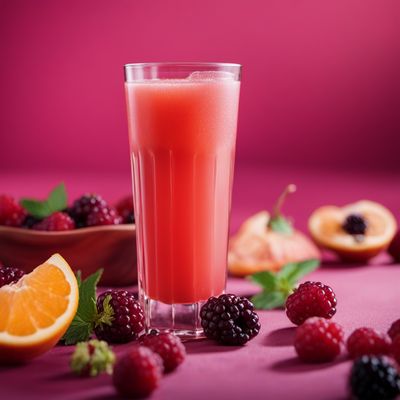
Juice, blackberry
The Dark Elixir
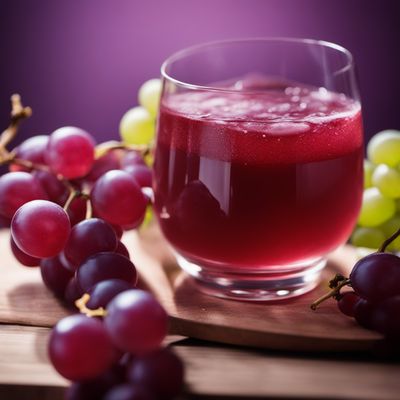
Juice, grape
The Liquid Jewel

Juice, lime
The Zesty Elixir

Juice, orange
"The Zesty Elixir: Unleashing the Vibrant Flavors of Freshly Squeezed Orange Juice"
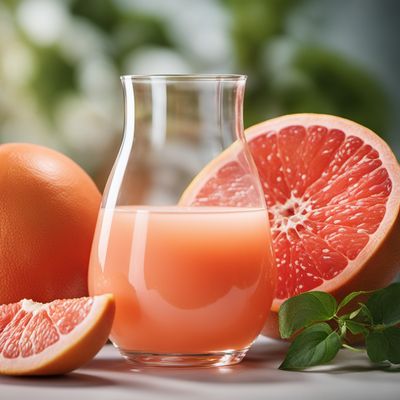
Juice, grapefruit
Tangy Citrus Burst

Juice, nectarine
"The Golden Elixir: Unleashing the Vibrant Flavors of Nectarine Juice"
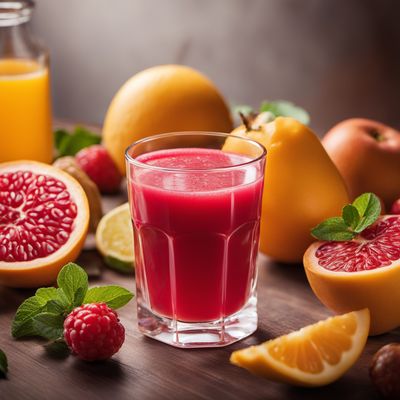
Juice, passion fruit
The Tropical Elixir
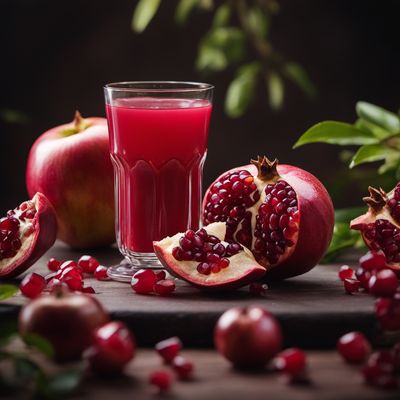
Juice, pomegranate
"The Ruby Elixir: Unveiling the Secrets of Pomegranate Juice"

Juice, red currant
Tangy Elixir: Unleash the Vibrant Flavors of Red Currant

Mixed fruit juice
"Fruit Fusion Delight: A Symphony of Flavors in Mixed Fruit Juice"

Juice, mango
The Tropical Elixir
